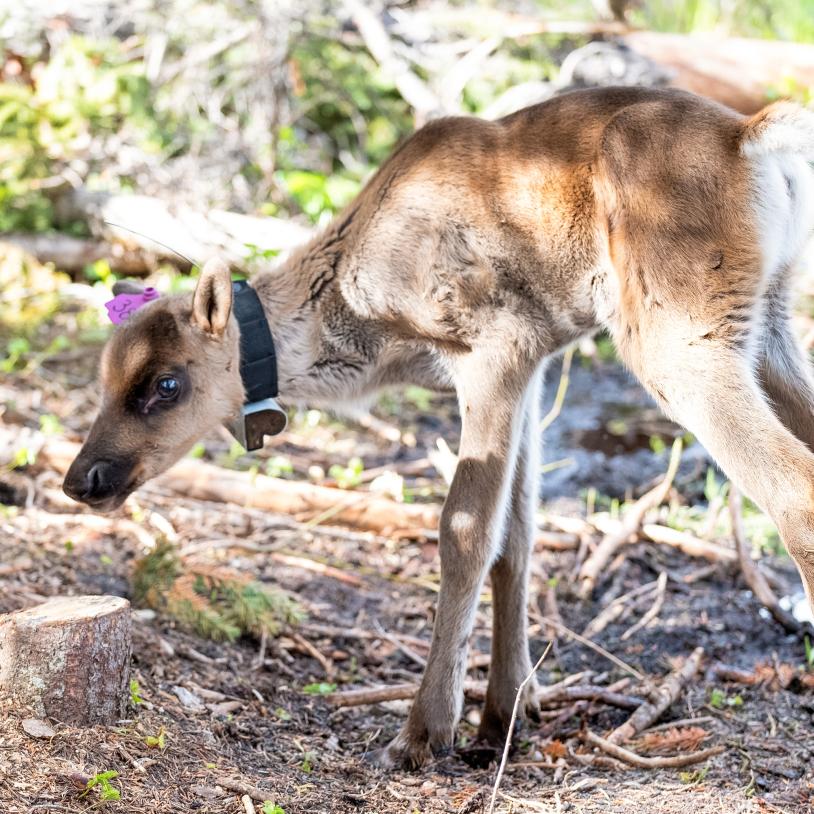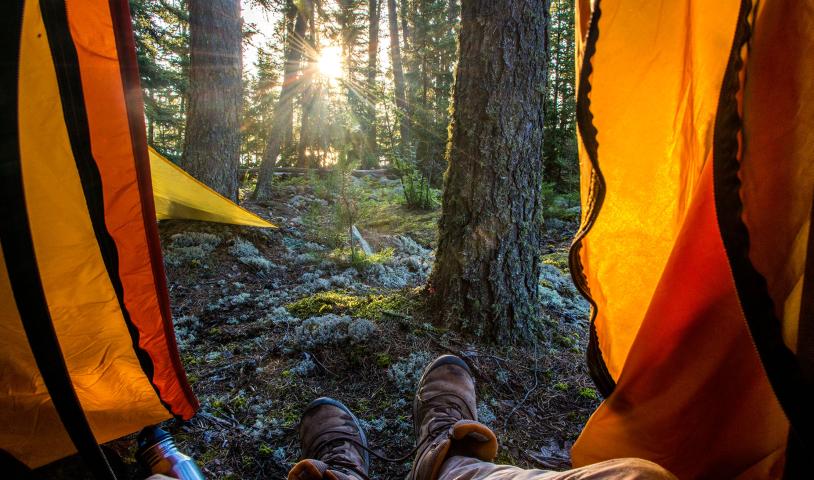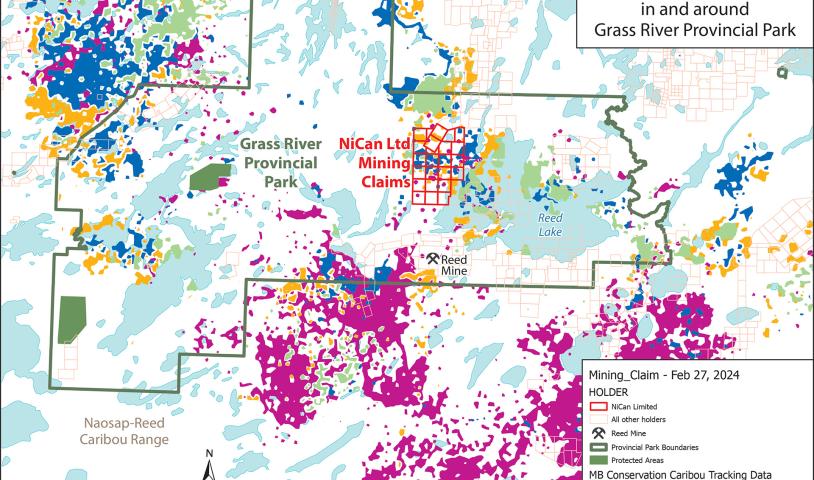Study on Bipole's impact on wildlife lacking, chief says
Thursday, November 1, 2012
An independent study into the Bipole III transmission line's impact on woodland caribou and moose doesn't recognize the pressures the animals are under, the province's Clean Environment Commission was told Wednesday.
"What happens when the actual line is existing?" Pine Creek First Nation Chief Charles Bushie said. "The animals are being pushed and pushed the same as we are as First Nations."
Bushie was responding to a presentation by consultants Doug Schindler and Jim Rettie, hired by Manitoba Hydro to study Bipole III's impact on the moose and woodland caribou, two of Manitoba iconic animal species.
Both told the hearing they believe generally, the impact of the line and its construction will be minimal on both moose and caribou as it will stay clear of important calving grounds.
Caribou and moose are already under pressure in parts of Manitoba for a variety of reasons, some caused by human encroachment and others due to loss of habitat due to fire and disease. The caribou was listed as threatened under the province's Endangered Species Act in June 2006 and some parts of western Manitoba are now closed to moose hunting because of low populations.
Schindler and Rettie told the panel the proposed 1,400-kilometre route for the line mostly follows already existing transmission corridors, highways, snowmobile trails and rail lines from the northern to southern Manitoba.
Schindler said mining exploration and logging also have an impact on the animals, adding for the moose there is a side benefit.
"The one thing about transmission lines is it keeps the vegetation at a younger state," he said, explaining that's where moose prefer to forage.
However, both stressed Hydro has to fully decommission any new access roads, built for the line's construction, in order to restrict human access to wilderness areas that were closed before.
They also said Manitoba Hydro is looking at deviating from its preferred route to jog around two sensitive areas, one along the Wabowden caribou range in northern Manitoba and the other known as Moose Meadows near Lake Winnipegosis, to protect habitat.
Manitoba Hydro has said it wants the Bipole line in service by 2017 to bring more stability to its transmission system to Winnipeg. The Clean Environment Commission hearing into the project and its potential impact to the landscape started a month ago.
The main threats of the Bipole III transmission line project:
To caribou: Threat of increased predation is medium to high given possible increased access to caribou habitat by humans and other predators such as wolves.
To moose: the threat to moose is low given the route avoids important wintering grounds and moose will forage on the route's right-of-way.





